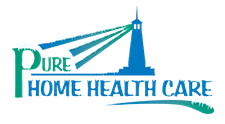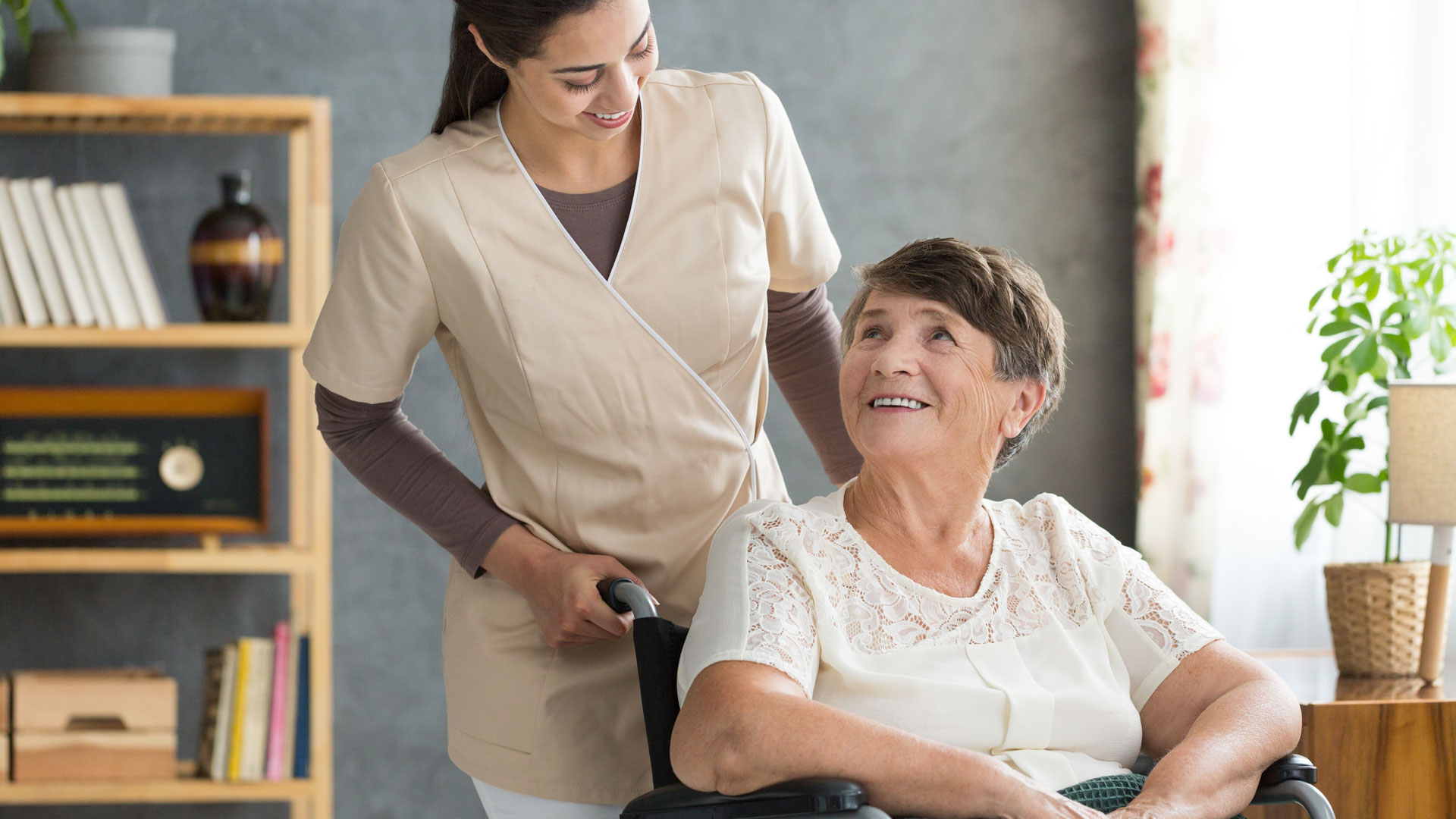Healthy Lungs Program
Patients enrolling in the Healthy Lungs Program receive a personalized care plan from Pure Home Health Care. Our compassionate and knowledgeable clinical team are trained to provide patient/caregiver specific education and interventions. Our nurses are always with you every step of the way, providing guidance, education, and coaching with the goal of helping you improve your lung health.
-
We will help you develop an effective strategy to quit smoking (if you haven't already quit).
-
Assist in scheduling your physician recommended low-dose CT lung screening, help you understand the results and what you need to do next.
-
Provide guidance on how to improve your lung health.
-
Our exercise program will help strengthen muscles surrounding the lungs.
-
Our nursing and therapy interventions will help in improved quality of life.
-
Lungs will be auscultated at least weekly and results shared with physician.
-
Risk factors will be identified inside the house such as mold, low or high humidity, allergens or irritants such as seasonal pollens etc. The professional may also check quality of furnace filters and general cleanliness of the house. Aide may help in cleaning patient’s immediate area (not a cleaning service ) to reduce the acute condition.
According to the National Institutes of Health (NIH), USA, the most common lung diseases in the USA are:
-
Pulmonary Edema.
-
Pneumonia.
-
Lung cancer.
-
Emphysema.
-
COPD (Chronic Obstructive Pulmonary Disease)
-
Bronchitis.
-
Atelectasis – the collapse of part and sometimes all (less common) of the lung.
-
Asthma
How the Healthy Lungs Program works:
Our Healthy Lungs program helps both patient and family cope with the concerned disease and significantly improve their overall wellbeing. It involves:
-
Identification and instruction on reducing risk factors.
-
Medication management.
-
Facilitating Flu and Pneumonia vaccination.
-
Healthy diet tips.
-
Education on environmental irritants.
-
Infection prevention measures.
-
Physical and Occupational Therapy.
-
Medical, physical and educational tools.
Highlights
-
Assessment: Determining the patient's needs to assist the health care provider to guide treatment and care.
-
Exercise: May include cardiovascular or aerobic training as well as strength and resistance training for upper & lower limbs. Often includes breathing, muscle training, stretching, and balance exercises.
-
Education:
-
Teaching lung disease management skills.
-
Ensuring that patients are taking their medications correctly and understanding the reasoning for these medications.
-
Breathing Videos for Do’s and Don’ts.
-
Educating patients in using an incentive spirometer.
-
Educating patients in performing correct breathing patterns via pursed-lip breathing and diaphragmatic breathing.
-
Muscle and cardio-pulmonary endurance training.
-
-
Maintenance/Follow-Up:
-
An on-going exercise program with or without the supervision of a health care provider.
-
Checking patients through phone calls on the weekends to ensure they are not having any exacerbation of symptoms.
-
Additional skilled nursing visits and monitoring & assessing for any increased shortness of breath or wheeze.
-
-
Smoking Cessation: Counseling to help people quit smoking.
-
Spirometry Testing: a simple breathing test that can help in the diagnosis of different lung diseases.
The Nurse
Our Nurses provide education to patients & caregivers regarding chronic lung diseases and interventions to keep patients healthy. At Pure Home Health Care, we provide skilled nursing phone follow-up protocol that includes identifying escalating symptoms and provide coordination with other providers of care, to help improve overall patient outcomes and reduce hospital readmissions.
We also provide instructions and resources for diaphragmatic breathing & pursed-lip breathing that makes breathing easier, conserves energy and lets patients take in more air, improving their level of activity tolerance and energy. Our skilled nurses help with a variety of issues:
-
Educating patients in using an incentive spirometer.
-
Educating patients in performing correct breathing pattern via pursed-lip breathing and diaphragmatic breathing.
-
Educate on raspatory medication and their management.
-
Post-hospitalization issues from prolonged immobility.
-
Educating in postural drainage and percussion, following physician orders.
The Physical Therapist
Physical therapy interventions and education that may be used in pulmonary rehabilitation include:
-
Strengthening and stretching muscles of inspiration: The muscles of respiration are those muscles that contribute to inhalation and exhalation, by aiding in the expansion and contraction of the thoracic cavity. Maintenance of the elasticity of these muscles is crucial to the health of the respiratory system and to maximize its functional capabilities.
-
Educating patients in using an incentive spirometer: Incentive spirometer is a medical device used to help patients improve the functioning of their lungs. It can be used to help patients recovering from pneumonia or rib damage to help minimize the chance of fluid build-up in the lungs.
-
Educating patients in performing correct breathing patterns via pursed-lip breathing and diaphragmatic breathing.
-
Utilizing pacing techniques and task modifications to improve and conserve energy.
-
Working on muscle and cardio-pulmonary endurance training.
-
Working on post-hospitalization issues from prolonged immobility.
-
Educating on stretching techniques of pectoral muscles.
-
Muscle and cardio-pulmonary endurance training.
The Occupational Therapist
Occupational therapy interventions and education that may be used in pulmonary rehabilitation include:
-
Activity tolerance and energy conservation techniques: Patients experiencing respiratory disorders commonly find their ability to perform basic ADLs (Activities of Daily Living) compromised by dyspnea and decreased activity tolerance. The Occupational Therapist can provide interventions to address tasks that are typically performed on a daily basis and are considered essential to an individual’s ability to live life to its fullest. ADLs include bathing/showering, grooming, dressing/undressing, toileting including hygiene, eating, and the ability to perform functional mobility.
-
The therapist may provide recommendations to modify tasks, such as adjusting body mechanics to minimize the work of breathing or may suggest altering the environment to reduce extraneous effort and decrease activity demand.
-
The use of adaptive equipment: Fatigue, shortness of breath, and limited endurance are common factors that may limit performance and participation. Occupational Therapists address strategies to modify tasks, and make recommendations regarding the use of assisted devices (AD), and/or adaptive equipment (AE) to reduce the effort associated with the performance of daily routines in order to minimize fatigue, shortness of breath, and work of breathing. Therapists will also, educate the client or caregiver regarding the use of adaptive equipment (AE) to maximize functional independence, such a long-handled shoe or sock aide, or the use of durable medical equipment (DME), such as a tub seat for seated showers.
-
Ventilation strategies/breathing techniques: OT/ OTAs provide education that includes strategies to regulate breathing with activity, self-assess dyspnea with exertion, and independently apply appropriate techniques to minimize the work of breathing as well as perform recovery breathing, if applicable. The most common technique employed to minimize shortness of breath is pursed-lip breathing.
Why Pure Home Health Care
Pure Home Health Care has been making strides in keeping our Healthy Lungs patients from readmission. Patients will learn that by using these specialized therapies and different breathing techniques, they can be more comfortable when climbing stairs, carrying or lifting items, taking walks, and other general activities of daily living. We would like to assist you in your journey to Wellness.



